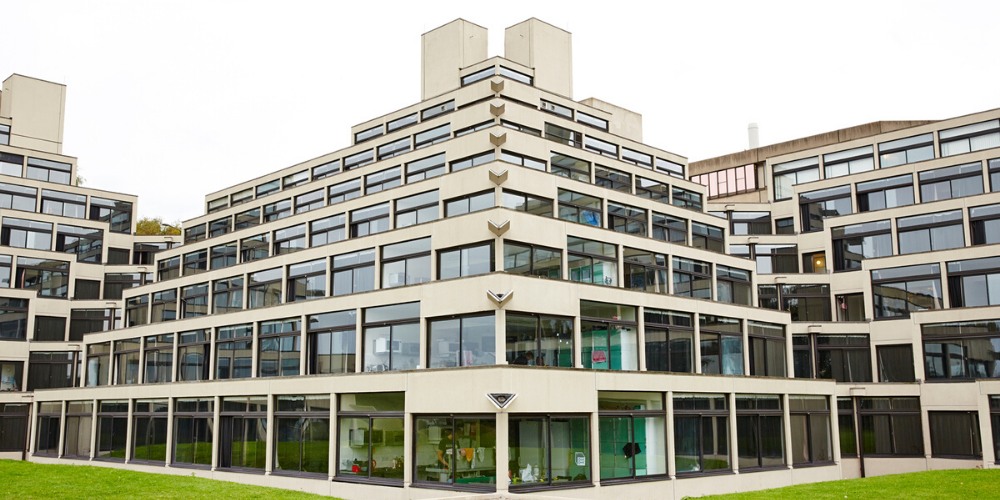Taught by world-leading researchers, this highly flexible degree programme will allow you to explore how the physical, chemical and biological components of the natural environment function and how they're impacted by, and affect, our society, politics and culture in this era of the Anthropocene.
Our Environmental Sciences Master’s programme with a year abroad explores questions such as: How can we tackle the climate and biodiversity crises? What are the best strategies for achieving Net Zero? How are our oceans and rivers changing? What physical processes drive our weather? What happens inside an erupting volcano? How can we transform our energy systems and achieve greater sustainability in our lifestyles? If these are the sort of questions that fascinate you, and you want to experience life in another country, with a view to possibly going on to a PhD, then this advanced four-year integrated Master's degree with a year abroad is for you.
The environment supports all aspects of our daily life but is also the source of some of the most complex and wide-ranging challenges facing humanity. The need for environmental scientists who can help us respond to these challenges and ‘make a difference’ at local and global scale has never been greater. This degree will help you become one of these essential people.
At UEA, you’ll conduct experiments in our state-of-the-art laboratories, and develop highly valued transferable skills in data analysis, spatial visualisation and science communication. You'll also gain important field skills and have the rewarding opportunity to embark on national and international fieldwork in places such as Greece, Ireland, Swaziland, or Peru. On this exciting programme, you’ll spend your third year abroad studying at one of our partner universities across Europe, North America, Canada, Australia, or New Zealand. As well as enriching your knowledge, your time abroad is a great way to build contacts and strengthen your resilience and adaptability, as well as being an unforgettable and life-changing experience.
Upon graduating, you’ll be a highly trained environmental scientist, well-equipped to take up a rewarding position in the public or private sector. Alternatively, you may wish to continue your studies into further postgraduate research where you can provide real world solutions to today’s environmental challenges. Check out Jessie’s story, who is currently taking part in exciting Arctic research, having completed her undergraduate and postgraduate studies in Environmental Sciences at UEA.

